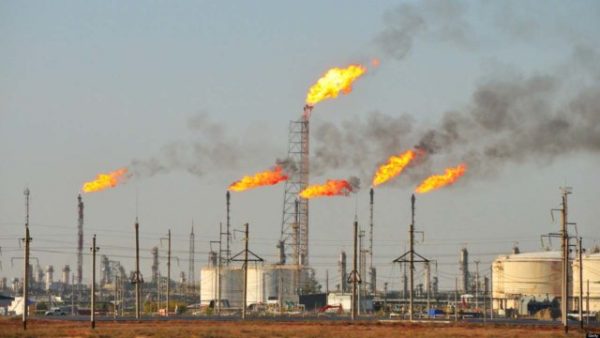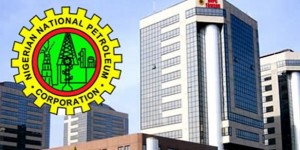PENGASSAN faults El-Rufai on call to disband NNPC
 Oil workers under the auspices of the Petroleum and Natural Gas Senior Staff Association of Nigeria (PENGASSAN) have condemned the Kaduna State Governor, Mallam Nasir El-Rufai, over his recent call for scrapping of the Nigerian National Petroleum Corporation (NNPC).
Oil workers under the auspices of the Petroleum and Natural Gas Senior Staff Association of Nigeria (PENGASSAN) have condemned the Kaduna State Governor, Mallam Nasir El-Rufai, over his recent call for scrapping of the Nigerian National Petroleum Corporation (NNPC).
Reacting to the Governor’s comment during a paper he delivered during the 7th Prof. Wole Soyinka Birthday Lecture last week, the Acting General Secretary of PENGASSAN, Comrade Lumumba Okugbawa, said in a statement that instead of “killing the NNPC,” the Governor should have called for the insulation of the corporation from undue political interference that distracts it.
Okugbawa noted that corruption in the NNPC mentioned by the Governor is a problem hindering Nigeria’s growth and development in the oil and gas sector as a whole.
He urged the government to deal with the issue of corruption in the system but not to ‘throw away the baby with the bath water.”
He said that NNPC created by an Act of Parliament in 1977, is made up of the holding office, subsidiaries and service units have been subjected to undue political interference, which hinders its autonomy for effective running and competitiveness for the past six years, but that this should not be a yardstick for the scrapping of the corporation as demanded by the Governor.
He said: “If you look at the NNPC as it is today, it has been politicised with most of its decisions and operations being influenced with political motives and at times, executive fiat. The corporation is so much tied to the apron of the political office holders but not the technocrats that are at the helm of corporation’s affairs.”
Some of the areas of interference listed by Okugbawa included appointment and removal of the Group Managing Director (GMD), Group Executive Directors (GED), and Managing Directors of NNPC subsidiaries at the whims and caprices of the president; and limited financial autonomy for its operations.
The unionist added: “NNPC should be a National Oil Corporation that can compete favourably globally like Saudi Aramco of Saudi Arabia, Petronas of Malaysia, Petrobras of Brazil and Statoil of Norway etc. given the opportunities and market potentials.
“If we take a look at NNPC contemporaries in the world, such as Saudi Aramco, Petrobras, Petronas and Statoil, we will notice that their holding governments give those companies freedom to growth and expansion of the companies to the great benefits of the citizenry and their respective governments.
“Operations and administration of NNPC comes under several masters and conflicting instructions, some of which defy the national objectives and aspirations for setting up the national oil corporation and its subsidiaries.
“Appointment, removal and/or transfer of the heads and staff of the Corporation and its subsidiaries are often executed by fiat in the manner that undermine the extant national laws, and the NNPC Act.
“Frequent changes in top management positions lead to policy somersault, and create unstable system, which often breed compromise of corporate values and principles. It is instructive to note that between 2009 and now, there have been five GMDs for NNPC.
The oil workers insisted that instead of killing the NNPC, what the Governor should have called for is its reorganisation to make its subsidiaries to function effectively with clearer mandate, empowerment and improved financial approval authority without undue political interference.







